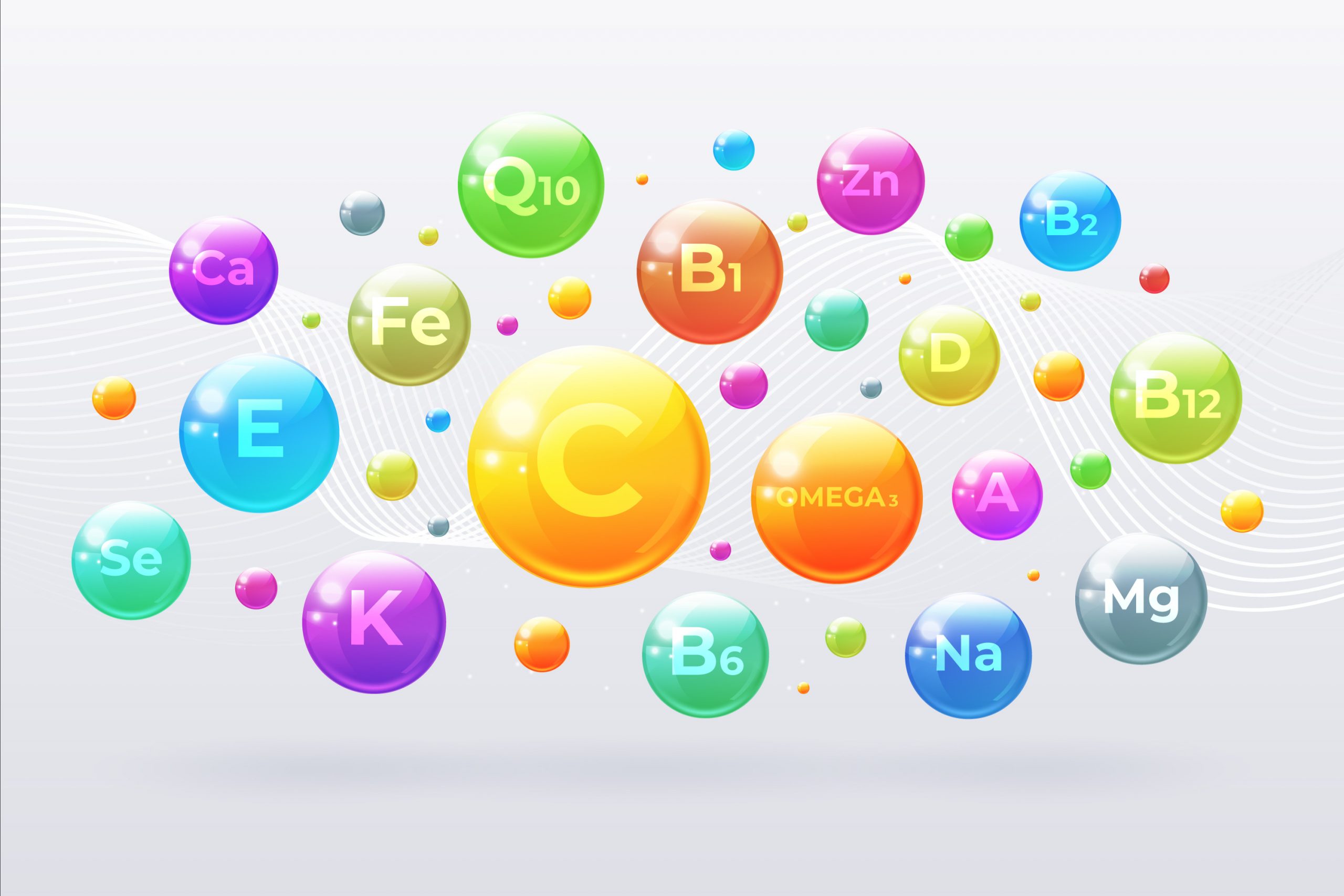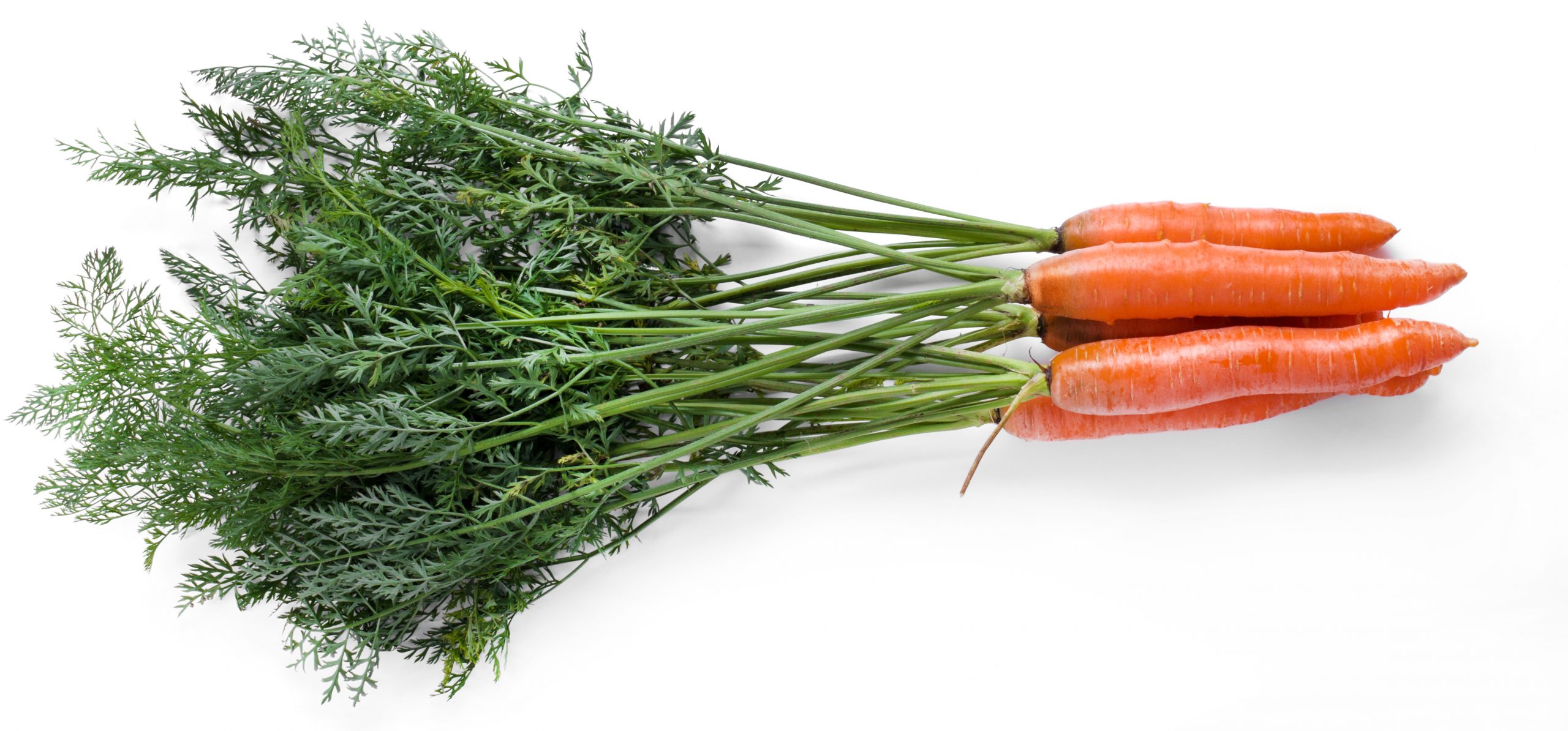Are Carrots Good For You?
Carrots, those vibrant orange root vegetables, are not just a colorful addition to your plate; they are a powerhouse of nutrition that can significantly enhance your health. Whether you enjoy them raw, cooked, or juiced, carrots offer a variety of benefits that make them a staple in many diets. In this comprehensive guide, we will delve deep into the nutritional profile of carrots, their health benefits, various ways to incorporate them into your diet, and some fun facts that make this vegetable truly remarkable.

The Nutritional Profile of Carrots
- 25 calories
- 6 grams of carbohydrates
- 2 grams of fiber
- 3 grams of sugar
- 0.5 grams of protein
Vitamins and Minerals
- Vitamin A: One serving provides about 73% of your daily requirement. This vitamin is crucial for maintaining good vision and immune function.
- Vitamin K1: Important for blood coagulation and bone health.
- Potassium: Helps regulate blood pressure.
- Antioxidants: Carrots are packed with carotenoids, which have been linked to reduced risks of chronic diseases.
Fiber Content
The fiber in carrots contributes to digestive health. A medium carrot provides about 2 grams of dietary fiber, which is essential for maintaining regular bowel movements and preventing constipation.
Health Benefits of Carrots
1. Eye Health
The beta-carotene in carrots converts to vitamin A in the body, supporting eye health and potentially reducing the risk of night blindness. Studies suggest that diets rich in beta-carotene may lower the risk of age-related macular degeneration (AMD), a leading cause of vision loss among older adults.
2. Heart Health
Antioxidants found in carrots can help lower cholesterol levels and improve heart health by reducing inflammation. The potassium content also plays a vital role in maintaining healthy blood pressure levels.
3. Cancer Prevention
Regular consumption of carrots has been associated with a lower risk of certain cancers due to their high antioxidant content. Research indicates that the polyacetylenes and carotenoids found in carrots may inhibit cancer cell growth and reduce tumor formation.
4. Digestive Health
The fiber in carrots aids digestion and helps prevent constipation, promoting regular bowel movements. A diet rich in fiber is linked to a lower risk of developing digestive disorders such as diverticulitis.
5. Weight Management
Low in calories and high in fiber, carrots can help you feel full longer, making them an excellent snack for weight control. Their natural sweetness makes them a satisfying alternative to sugary snacks.
6. Immune Support
Carrots boost your immune system thanks to their vitamin C content, which helps your body fight off infections. Vitamin C is also an antioxidant that protects cells from damage caused by free radicals.
7. Skin Health
The antioxidants in carrots can also benefit your skin by protecting it from oxidative stress and promoting a healthy glow. Vitamin A is known for its role in skin repair and regeneration.
8. Bone Health
Carrots contain vitamin K1, which is essential for bone health. Adequate vitamin K intake is associated with increased bone mineral density and a lower risk of fractures.
9. Oral Health
Chewing raw carrots can help clean your teeth and gums while stimulating saliva production, which may reduce the risk of cavities and gum disease.
Ways to Incorporate Carrots into Your Diet
Adding carrots to your meals is easy and versatile:
- Raw Snacks: Snack on raw baby carrots with hummus or ranch dressing for a nutritious treat.
- Salads: Add grated or shredded carrots to salads for an extra crunch and sweetness.
- Soups: Cook them as a side dish or blend them into soups for added flavor and nutrition.
- Smoothies: Use carrot juice as a refreshing beverage or smoothie base.
- Stir-fries: Incorporate sliced or julienned carrots into stir-fries for added color and texture.
- Baked Goods: Use grated carrots in muffins or cakes for natural sweetness and moisture.
Fun Facts About Carrots
- Color Variety: While orange is the most common color for carrots, they also come in purple, red, yellow, and white varieties. Each color offers different phytonutrients with unique health benefits.
- Historical Roots: Carrots were originally cultivated thousands of years ago in Persia (modern-day Iran and Afghanistan) as purple or yellow roots before the orange variety was developed through selective breeding.
- World Record: The longest carrot ever recorded measured over 19 feet long! It was grown by Joe Atherton from the UK in 2017.
- Carrot Top Uses: The green tops of carrots are edible and can be used to make pesto or added to salads for extra flavor.
- Carrot Juice Benefits: Drinking carrot juice is an excellent way to absorb its nutrients quickly; however, moderation is key due to its natural sugar content.

Cooking Tips for Carrots
- Steaming vs. Boiling: Steaming retains more nutrients than boiling since boiling can cause water-soluble vitamins like vitamin C to leach out.
- Roasting: Roasting enhances their natural sweetness; toss sliced carrots with olive oil, salt, and pepper before baking at 400°F (200°C) until tender.
- Pairing Flavors: Carrots pair well with herbs like thyme, dill, or parsley, as well as spices like cumin or coriander for added flavor depth.

Storage Tips
- Store them unwashed in the refrigerator's crisper drawer wrapped in a damp paper towel or placed in a perforated plastic bag.
- Avoid storing them near fruits like apples or bananas that emit ethylene gas, which can cause premature spoilage.

Conclusion: The carrots nutrition facts – Are carrots good for you?
In conclusion, the question "Are carrots good for you?" is met with a resounding yes! These crunchy vegetables are not only delicious but also packed with nutrients that support various aspects of health—from improving vision to aiding digestion and boosting immunity.
By incorporating carrots into your daily meals through various preparations—raw snacks, salads, soups, juices—you can enjoy their many health benefits while adding color and flavor to your diet. So next time you're at the grocery store or farmer's market, don’t forget to grab some carrots—your body will thank you!

